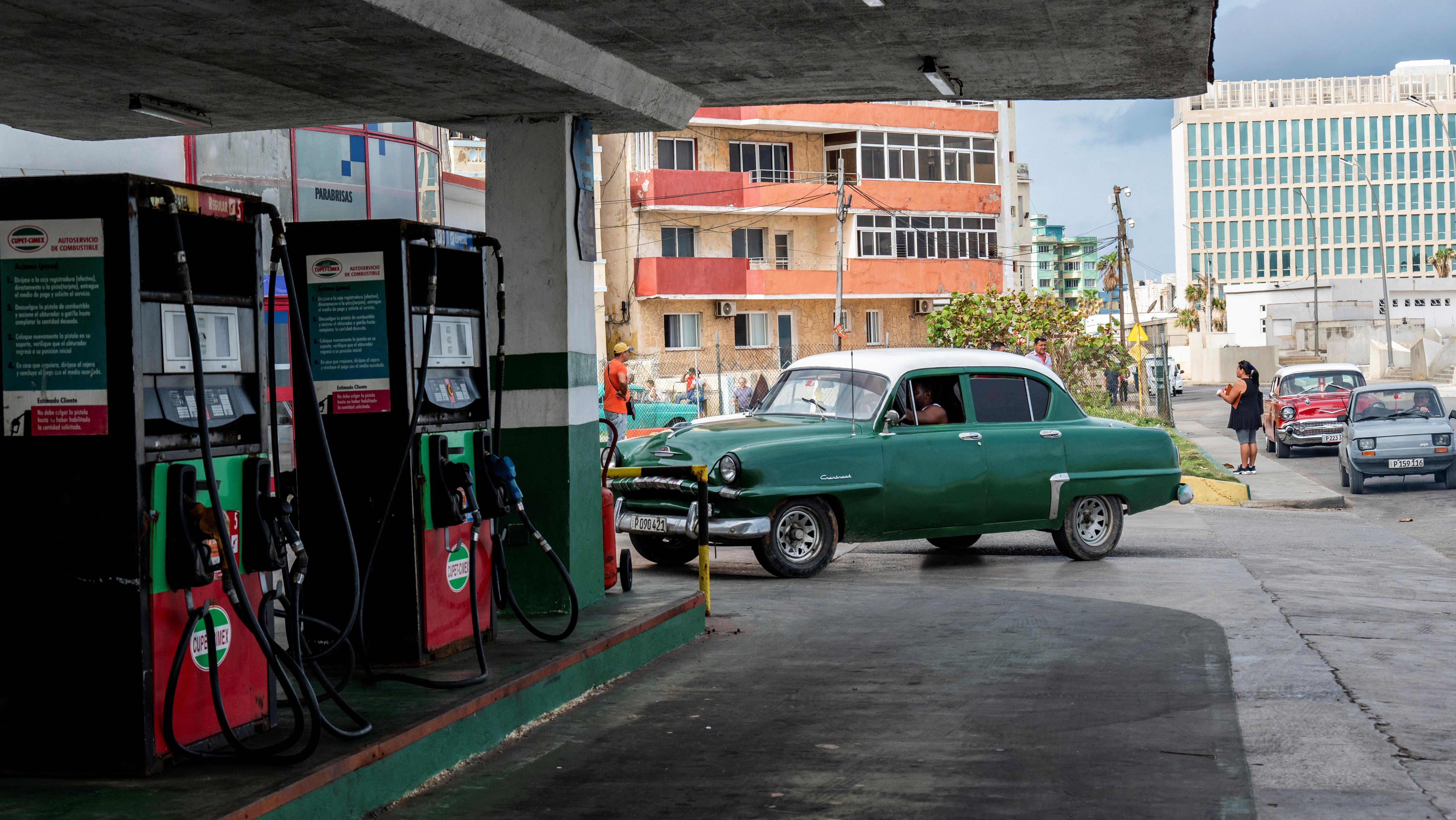Cuba Braces For Gas Prices Over $20 A Gallon
The 500 percent increase is intended to raise revenue and foreign currency to pay for fuel imports
The Cuban government has announced that it will be raising the country's fuel prices by over 500 percent in February. Pump prices will spike from 25 Cuban pesos to 132 pesos per liter, according to the BBC. To use figures more relatable for us Americans, the prices are jumping from $3.94 per gallon to $20.86. The sharp increase paired with the opening of 29 gas stations that will exclusively accept U.S. dollars serve as a government attempt to bolster the country's struggling economy.
It's not a complete surprise that Cuba's communist government is opening dollar-only gas stations. The U.S. dollar is the most widely used currency in international trade, and Cuba's foreign currency reserve is heavily depleted. The government is hoping to use revenue from these new stations to purchase fuel on the international market.
The U.S. dollar is already a popular secondary currency in Cuba, but wages for government jobs are exclusively in Cuban pesos. A doctor told Reuters, "I'm not against the rise in prices but the issue is that there should be fuel available for everyone." Many Cubans fear that dollar-only businesses could lock many citizens out of access to goods and services.
The Cuban economy has struggled to recover from the outbreak of the coronavirus pandemic, likely because of sanctions imposed by the United States. Cuba's foreign currency reserves are typically bolstered by tourism, and that avenue closed completely in 2020. This made buying imports difficult and sparked rampant inflation on all goods, including food and medicine.
Owning a car in Cuba is already a privilege, with ownership rates less than 10 percent, according to the Economist. That figure is over 90 percent in the United States. Sky-high inflation and fuel prices have put that dream even further out of reach for many.
